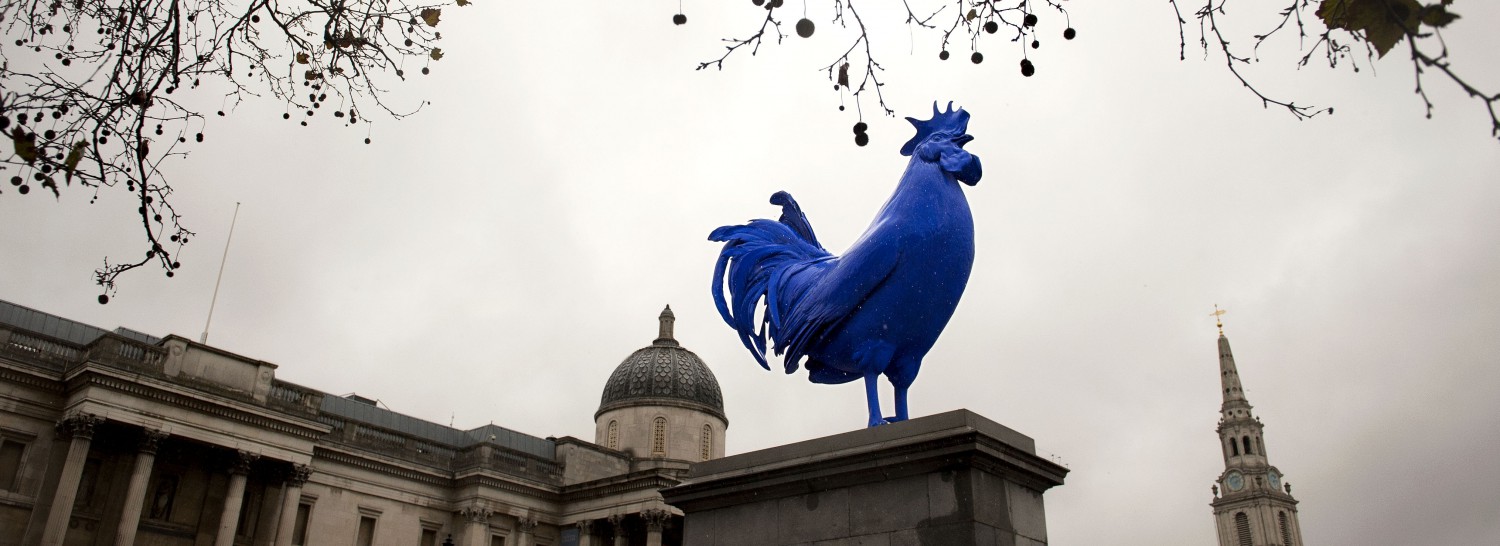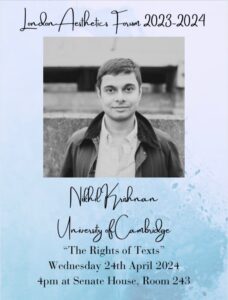Wednesday, 24 April 2024, 16:00-18:00
Senate House, Room 243
.
Many people were troubled when it emerged that new editions of children’s books by Roald Dahl had been edited to remove objectionable language. The case was only one in a long historical tradition of ‘bowdlerising’ texts to make them more acceptable to the tastes and values of contemporary readers. Is there something wrong with such expurgation? If so, on what grounds, and under what conditions? In this paper, we argue that the expurgation of texts is presumptively wrong, and that the wrong in question is best understood in terms of the interests not of the author but those of an ideal reader. Moreover, we argue that the interests underlying these rights can best, and most vividly, be captured by adopting the fiction of a text itself possessing rights – among other things, a right against expurgation. A text’s claims may be outweighed by sufficiently important countervailing ethical considerations. However, as with other rights claims, the rights of a text may generate residual obligations, of which we shall explore in particular the residual obligation not to falsify the historical record and not to conceal the history of editorial interventions into a text.
.
.
Following NHS guidance, all attendees are strongly encouraged to be vaccinated (including boosters) against Covid-19, unless medically exempt. Our group is diverse; please continue to be considerate of those who wear face coverings and those who don’t. Thank you.

